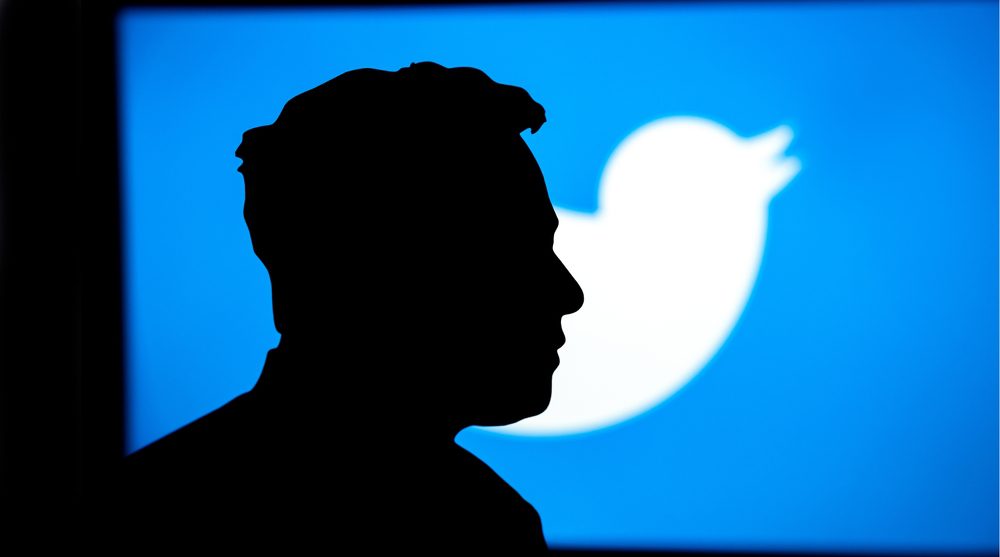
Showing that transparency is a two-way street, Elon Musk announced that Twitter will publish government censorship requests, including calls for deleting tweets or banning accounts based on claims of alleged disinformation, the German daily Exxpress reported on Sunday, June 4th.
Although not explicitly, the move seems like a direct response to Brussels growing appetite to regulate online content, specifically by getting most social media giants to sign up for its Code of Practice on Disinformation—a set of voluntary commitments to the EU’s anti-disinformation efforts that Musk’s Twitter just left late last month.
“We’re going to publish all government censorship requests and whether or not we complied with them,” the Twitter CEO wrote.
He also added that all the other major social media companies, including Facebook, YouTube, and Instagram—which do cooperate with the EU’s regulatory framework under the Code of Practice— constantly engage in censorship on behalf of governments.
“To the best of my knowledge, [Twitter] does the least amount of censorship,” he added.
@elonmusk hat als Antwort auf das Zensurgesetz der Europäischen Union angekündigt, sämtliche Anträge auf Löschung von Accounts oder Posts zu veröffentlichen und zu beschreiben ob und warum man dem Antrag folgt .
— Sascha Flatz (@rechtsanwalts11) June 4, 2023
Der Mann hat in letzter Zeit mehr für die Meinungsfreiheit getan als… pic.twitter.com/diT90RWicC
The move is also meant to address a recent controversy around Twitter, which broke out earlier last month following revelations that under Musk’s leadership, Twitter’s compliance rate with governments’ removal requests has gone up to 98%, painting a different picture of the self-described “free-speech absolutist.”
In an interview with CNN, Musk defended the policy by saying that Twitter had no choice but to comply with most requests because of local laws. “By ‘free speech,’ I simply mean that which matches the law,” he said. “I am against censorship that goes far beyond the law.”
According to Twitter’s last transparency report from before Musk’s takeover, the platform received 47.6 thousand removal requests in the last six months of 2021—related to the activity of almost 200 thousand accounts—and complied in only 51.2% of these cases.
The report also details that these requests came from 44 countries in total, with 97% of the total global volume originating from only five countries (in decreasing order): Japan, Russia, South Korea, Turkey, and India.
Therefore, Musk’s latest move is also a way to reassure the public about Twitter’s commitment to free speech by individually publishing all requests, specifying if the company complied, and for what reason.
